Navigating Copyright Challenges in Ghana: Insights from Wigmore Trading Experts
Navigating Copyright Challenges in Ghana: Insights from Wigmore Trading Experts
Attention all creatives and innovators in Ghana! Are you tired of constantly battling copyright challenges that hinder your success? Look no further, because we’ve got the ultimate solution for you. Introducing our exclusive blog post featuring insights from the renowned Wigmore Trading Experts. Get ready to sail through the murky waters of copyright laws in Ghana as we unveil invaluable tips, tricks, and strategies to protect your intellectual property like a pro. Whether you’re an artist, author, or entrepreneur, this is your golden ticket to navigating copyright challenges with ease and reclaiming what’s rightfully yours. Don’t let piracy dampen your creative spirit any longer – join us on this enlightening journey towards safeguarding your innovative genius.
Introduction to Copyright Law in Ghana
Introduction to Copyright Law in Ghana
Copyright is a crucial aspect of intellectual property law that protects creators and their work from being used, reproduced or distributed without their permission. In Ghana, copyright protection is governed by the Copyright Act 2005 (Act 690) which was recently amended in 2018.
The purpose of copyright law is to provide a framework for creators to have control over how their original works are used and ensure they receive fair compensation for their creations. This not only benefits the creators but also encourages innovation and creativity in society.
What is Covered under Copyright Law?
In Ghana, copyright protection extends to literary works such as books, articles, poems, computer programs; musical compositions; artistic expressions such as paintings, sculptures, photographs; films and audio-visual works; sound recordings; broadcasts; architectural designs and other forms of creative expression.
Duration of Copyright Protection
Under the Ghanaian Copyright Act, copyright protection lasts for the life of the author plus an additional seventy years after their death. For anonymous or pseudonymous works, it lasts for seventy years from the date of publication. For corporate entities or government agencies who own copyrights to works created on their behalf, protection lasts for fifty years from the date of first publication.
Copyright Infringement
Any unauthorized use or exploitation of copyrighted material without the owner’s consent constitutes copyright infringement. This includes copying, distributing, displaying or performing copyrighted work without permission.
– Explanation of what copyright law is and its importance in Ghana
Copyright law is a set of legal rules and regulations that govern the use and distribution of creative works, including literary, artistic, musical, and dramatic works. In Ghana, copyright law falls under the jurisdiction of the Copyright Act 2005 (Act 690), which was enacted to protect the rights of creators in their original works.
The importance of copyright law in Ghana cannot be overstated. It serves as a vital tool for promoting creativity and innovation by providing creators with exclusive rights over their work for a certain period. This encourages them to invest time and resources into creating new ideas without fear of infringement or exploitation.
One of the primary purposes of copyright law is to ensure that creators receive fair compensation for their creations. This means that anyone who wants to use or distribute copyrighted material must obtain proper authorization from the creator or their designated representative. Failure to do so can result in legal action being taken against them.
Moreover, copyright law also plays a significant role in protecting the economic interests of creators. In Ghana, many artists rely on their creations as a source of income. Without adequate protection through copyright law, they would be at risk of losing control over their work and not being able to reap financial benefits from it.
– Brief overview of Wigmore Trading’s expertise in this area
Wigmore Trading is a leading company in Ghana that specializes in providing expert solutions for navigating copyright challenges. With over 20 years of experience in the industry, Wigmore Trading has built a strong reputation for its expertise and knowledge when it comes to copyright laws and regulations.
One of the key areas of expertise that sets Wigmore Trading apart is their deep understanding of Ghana’s copyright laws. The company has a team of highly skilled professionals who are well-versed with the Copyright Act of 2005, which governs all aspects related to copyright issues in Ghana. This comprehensive knowledge allows them to provide accurate and reliable advice to their clients on how to navigate through complex copyright challenges.
Moreover, Wigmore Trading also has extensive experience in helping businesses protect their intellectual property rights. They understand the value and importance of intellectual property for businesses, especially in today’s digital age where information can be easily shared and reproduced without permission. Therefore, they offer tailored solutions to help companies safeguard their copyrights, patents, trademarks, and other forms of intellectual property.
In addition to this, Wigmore Trading also provides guidance on how businesses can effectively enforce their copyrights. Whether it is taking legal action against infringers or implementing preventative measures such as watermarking or digital tracking systems, the team at Wigmore Trading has the necessary skills and resources to help clients protect their copyrighted material from unauthorized use.
Understanding Copyright Infringement and Its Consequences
Copyright infringement is a serious issue that affects individuals and businesses around the world, including Ghana. In this section, we will explore what copyright infringement means and the potential consequences for those who engage in it.
Firstly, let’s define what copyright infringement is. Copyright infringement occurs when someone uses or reproduces copyrighted material without permission from the owner. This can include copying, distributing, displaying, or performing protected works without proper authorization.
In Ghana, copyright protection is governed by the Copyright Act of 2005. This law grants creators of original literary, artistic, musical, and dramatic works exclusive rights to their creations for a certain period of time. These rights include the right to reproduce the work, distribute it to the public, and perform or display it publicly.
The consequences of copyright infringement can be severe for both individuals and businesses. The most common consequence is facing legal action from the copyright owner. This could result in hefty fines or even imprisonment in severe cases.
In addition to legal repercussions, there are also financial consequences for infringing on copyrights. If found guilty of infringing on someone’s copyrighted material, you may be required to pay damages to compensate for any losses suffered by the copyright owner due to your actions.
Apart from these direct consequences, engaging in copyright infringement can also have negative impacts on one’s reputation and business relationships. It can damage trust with clients and partners who may question your ethical practices.
– Definition of copyright infringement
Copyright infringement is a term that refers to the unauthorized use, reproduction, or distribution of copyrighted material without the permission of the copyright holder. In Ghana, copyright infringement is governed by the Copyright Act of 2005 (Act 690), which defines it as “the unauthorized exercise of rights conferred by this Act.”
This definition encompasses a wide range of actions that can constitute copyright infringement, including:
1. Reproduction: This refers to making copies of copyrighted materials without the authorization of the copyright owner. It includes photocopying, scanning, and digital reproduction.
2. Distribution: Any act that involves selling, renting, lending, or otherwise making copies of copyrighted works available to others without permission can be considered copyright infringement.
3. Public performance: This covers any instance where a copyrighted work is performed in public without obtaining consent from the copyright owner. Examples include playing music in public places or screening movies for an audience.
4. Adaptation/derivative works: Creating new works based on existing copyrighted material also constitutes copyright infringement if done without proper authorization from the original creator.
It’s important to note that even unintentional acts such as sharing content on social media platforms can still be considered as copyright infringement if it violates any of the above-mentioned actions.
The concept of fair use does exist in Ghanaian law and allows for limited use of copyrighted material for purposes such as education, research, news reporting or criticism. However, determining what qualifies as fair use can be subjective and often requires legal interpretation.
– Examples of common copyright infringements in Ghana
Ghana has a well-established copyright law, the Copyright Act of 2005, which provides protection for original works of authorship. However, despite this legal framework, copyright infringements still occur in the country. In this section, we will discuss some common examples of copyright infringements that have been observed in Ghana.
1. Piracy
Piracy is one of the most prevalent forms of copyright infringement in Ghana. It refers to the unauthorized reproduction and distribution of copyrighted materials such as books, movies, music, and software. The lack of strict enforcement measures and limited resources to combat piracy has made it a thriving business in Ghana.
One notable example is the sale of pirated DVDs on the streets and markets across major cities in Ghana. These DVDs are often copies of popular Hollywood movies or local films that have not yet been released on DVD format. This not only deprives creators and producers of their rightful earnings but also affects the growth and development of the film industry in Ghana.
2. Plagiarism
Plagiarism is another common form of copyright infringement that occurs in various industries such as academia, journalism, and entertainment in Ghana. It involves using someone else’s ideas or work without giving proper credit or permission.
In academia, plagiarism can take different forms such as copying passages from published works without citation or submitting someone else’s research as one’s own. This not only violates copyrights but also undermines academic integrity.
– Penalties for copyright infringement
Penalties for copyright infringement in Ghana can range from financial fines to imprisonment, depending on the severity of the offense. The Copyright Act of 2005 outlines the various penalties that can be imposed for copyright infringement in Ghana.
1. Civil Remedies:
Under Section 42 of the Copyright Act, a copyright owner can file a civil suit against an infringer seeking damages and injunctions. Damages are usually calculated based on the profits made by the infringer or loss suffered by the copyright owner as a result of the infringement.
Injunctions, on the other hand, are court orders that require the infringer to stop using or exploiting copyrighted material without proper authorization.
2. Criminal Penalties:
Copyright infringement is also a criminal offense under Section 51 of the Copyright Act. This means that an individual or business found guilty of copyright infringement can face criminal charges and be subject to punishment under this section.
The maximum penalty for first-time offenders is a fine not exceeding 500 penalty units (equivalent to GHS6,000) and/or imprisonment not exceeding two years. Repeat offenders may face stiffer penalties, including higher fines and longer prison terms.
Challenges in Enforcing Copyright Law in Ghana
Copyright law is an essential tool for protecting the rights of creators, innovators, and businesses in Ghana. However, enforcing copyright law in the country has presented several challenges over the years. In this section, we will explore some of the key challenges that have hindered effective enforcement of copyright law in Ghana.
1. Lack of Awareness and Education:
One of the primary challenges in enforcing copyright law in Ghana is the lack of awareness and education among both creators and consumers. Many people are not aware of their rights as creators or consumers when it comes to copyrighted material. This can lead to unintentional infringement and make it difficult for authorities to take action against offenders.
Additionally, there is a lack of understanding about what constitutes copyright infringement, leading to confusion and misinterpretation among individuals and businesses alike. Without proper education on copyright laws, it becomes challenging to enforce them effectively.
2. Limited Resources:
Another significant challenge facing copyright enforcement in Ghana is limited resources. The government agencies responsible for enforcing copyright laws often lack the necessary funding, manpower, and equipment to carry out their duties effectively.
This means they may not have enough personnel to investigate cases thoroughly or conduct regular inspections to identify infringements. As a result, many infringing activities go unnoticed or unreported due to resource constraints.
– Lack of awareness and education on copyright law
Lack of awareness and education on copyright law is a significant challenge faced by businesses in Ghana. Copyright law aims to protect the rights of creators and owners of original works, including literary, artistic, musical, and film productions. However, many individuals and businesses in Ghana are not fully aware of their obligations and the consequences of violating copyright laws.
One of the primary reasons for this lack of awareness is the limited resources dedicated to educating the public about copyright laws. Unlike other countries where there are specific agencies responsible for raising awareness about copyright laws, Ghana does not have a dedicated agency or organization that focuses on this issue. This lack of emphasis on educating the public leads to widespread ignorance about copyright laws.
Moreover, most Ghanaians do not understand what constitutes a violation of copyright law. Many people believe that as long as they give credit to the original creator or source, they can use any copyrighted material without permission. This misconception has led to an increase in cases where individuals and businesses use copyrighted materials without proper authorization or compensation.
Another factor contributing to the lack of awareness about copyright laws is inadequate access to information. The majority of Ghanaians do not have reliable internet access or cannot afford legal advice from professionals who can guide them on issues related to copyrights. As a result, many remain unaware of their rights and responsibilities under copyright law.
– Limited resources
Limited resources are one of the biggest challenges faced by individuals and businesses in Ghana when it comes to navigating copyright laws. The lack of adequate resources, both financial and technological, can hinder the ability to protect copyrighted material and enforce legal rights.
One of the main limitations is the high cost associated with registering copyrights in Ghana. According to the Copyright Act 2005 (Act 690), any person seeking copyright protection must pay a registration fee of at least GHS 50 for each work. This may not seem like a significant amount, but for many artists, musicians, and small businesses, this can be a considerable expense that they cannot afford.
Moreover, the process of registering copyrights in Ghana can be lengthy and complex. It often requires physical submission of documents to the Copyright Office, which may not be feasible for those living outside major cities or with limited mobility. This not only adds to the cost but also makes it challenging for individuals and businesses from remote areas to protect their creative works.
Another resource limitation is access to legal representation. Many creators and business owners may not have the financial means to hire lawyers or seek legal advice on copyright matters. This leaves them vulnerable to infringement as they may not have the knowledge or expertise needed to navigate copyright laws effectively.


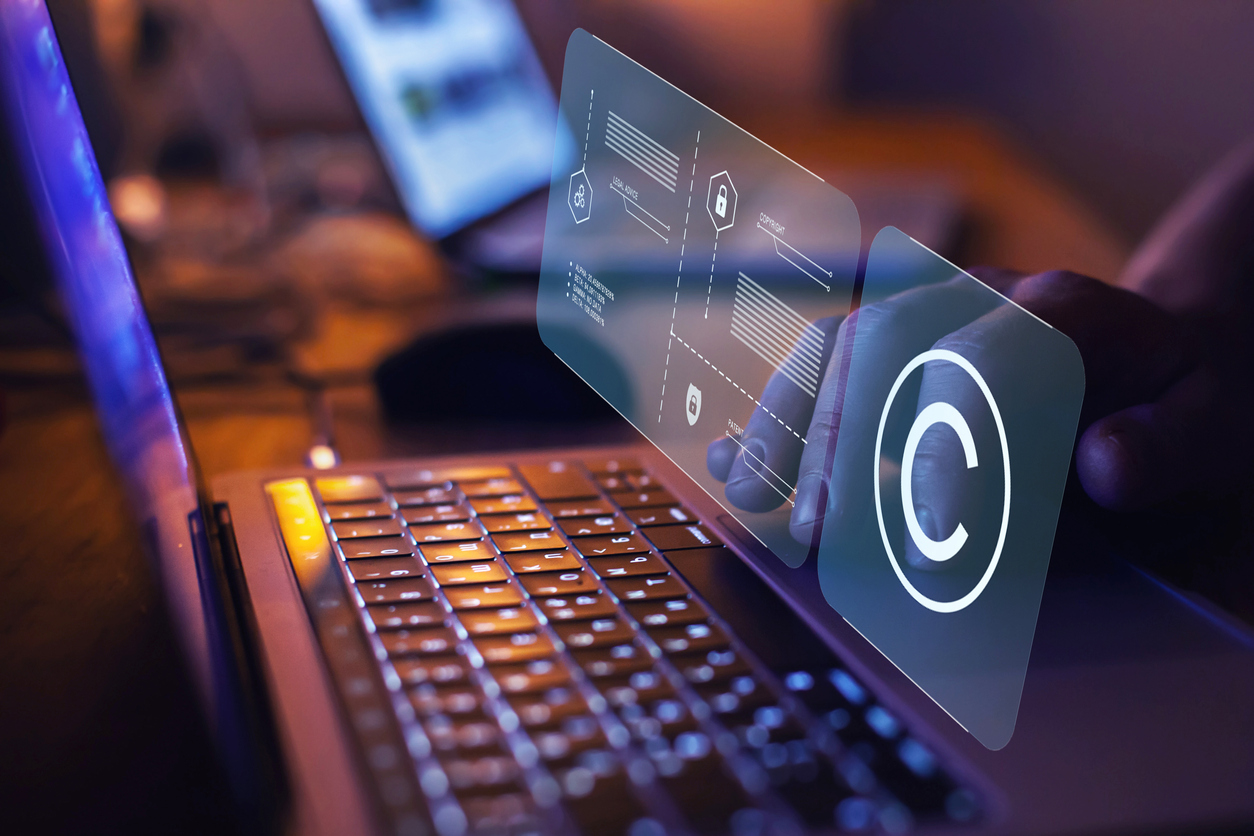
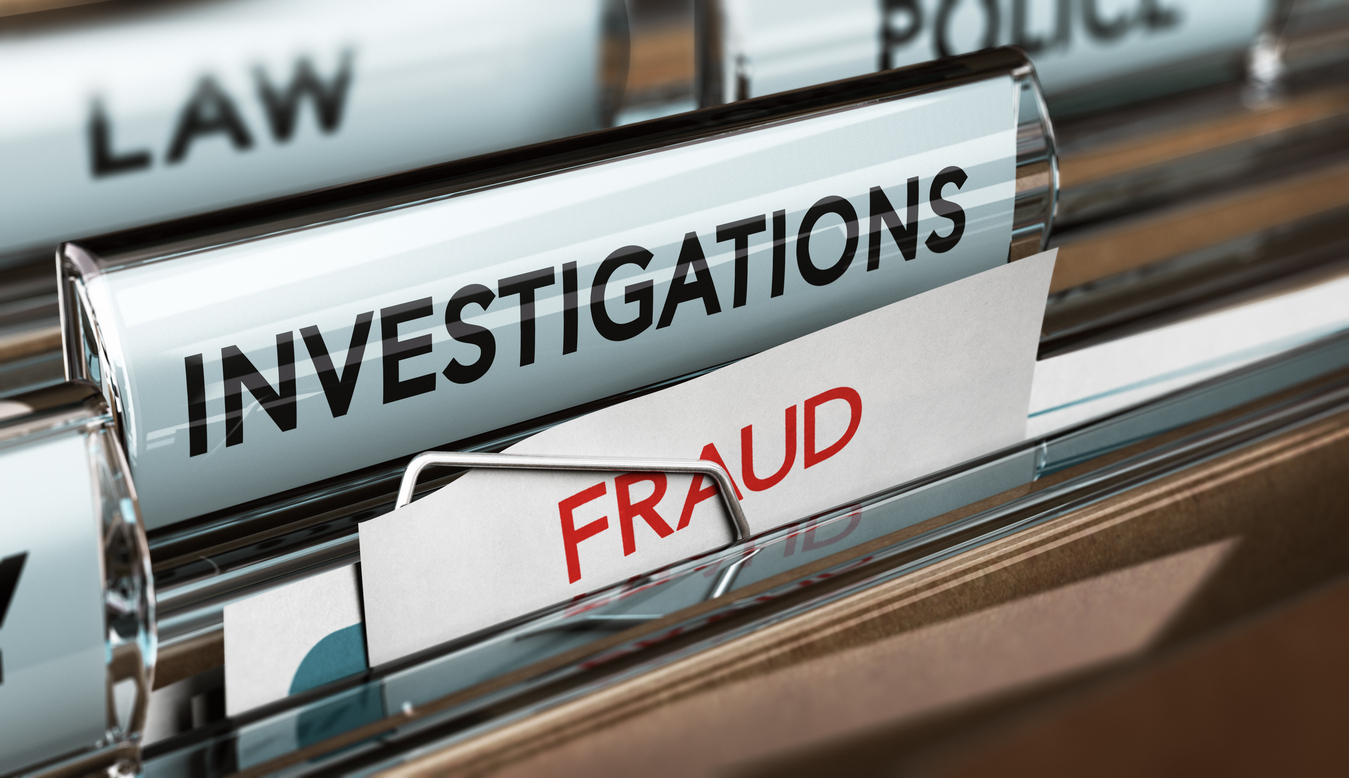
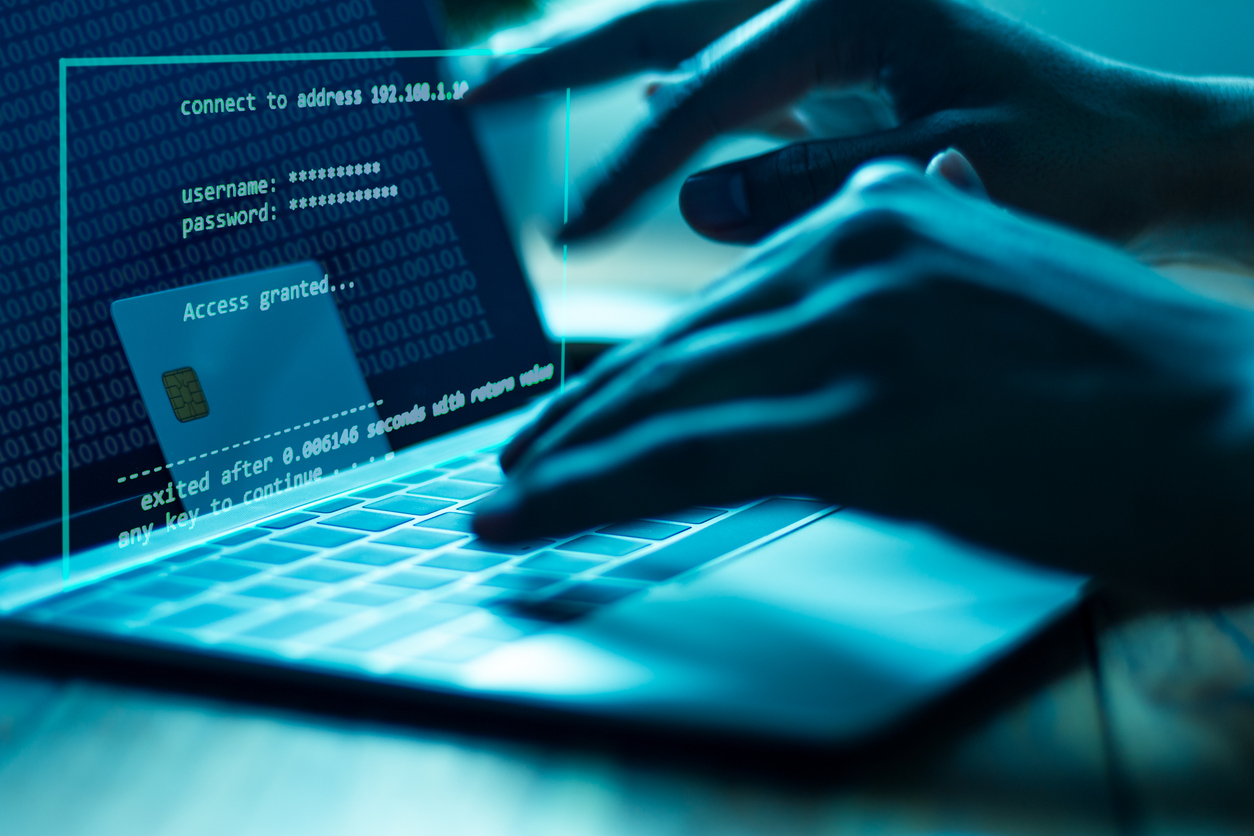
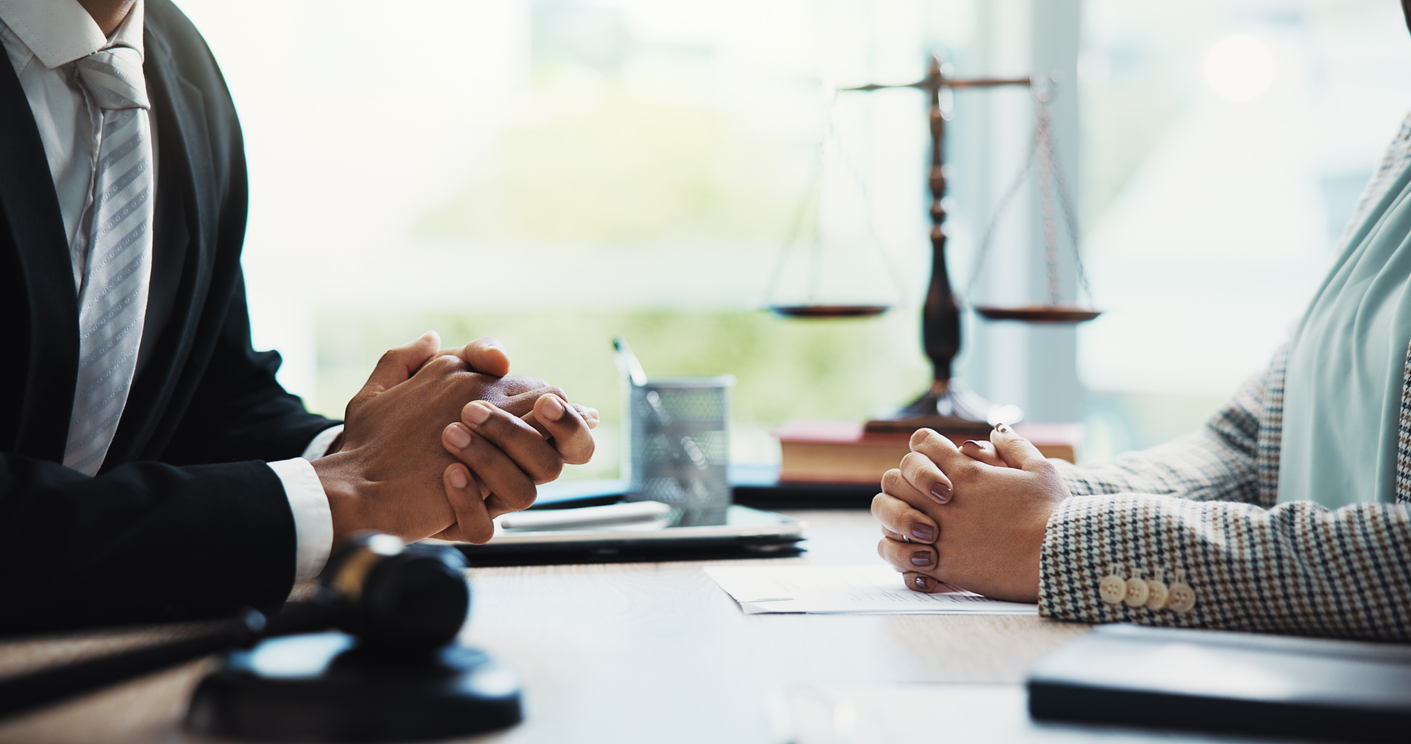
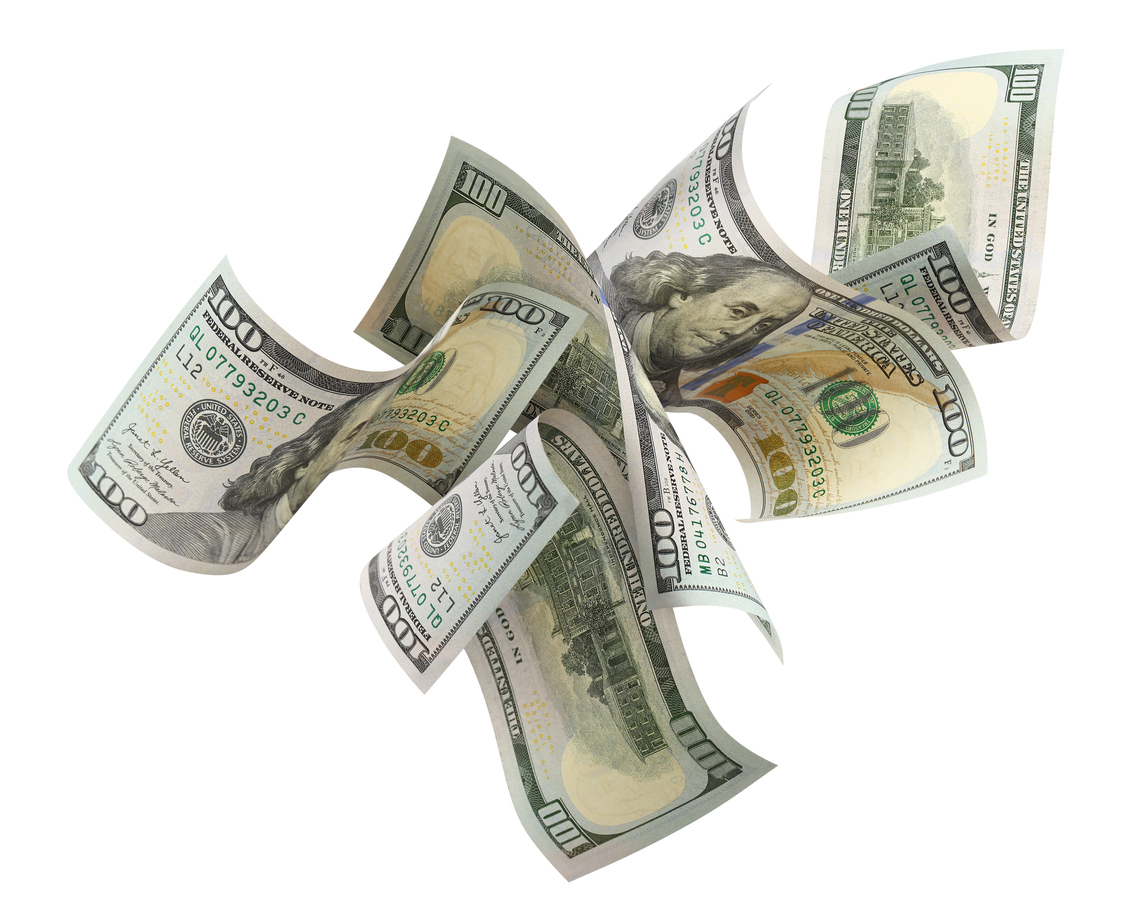

Comments are closed.